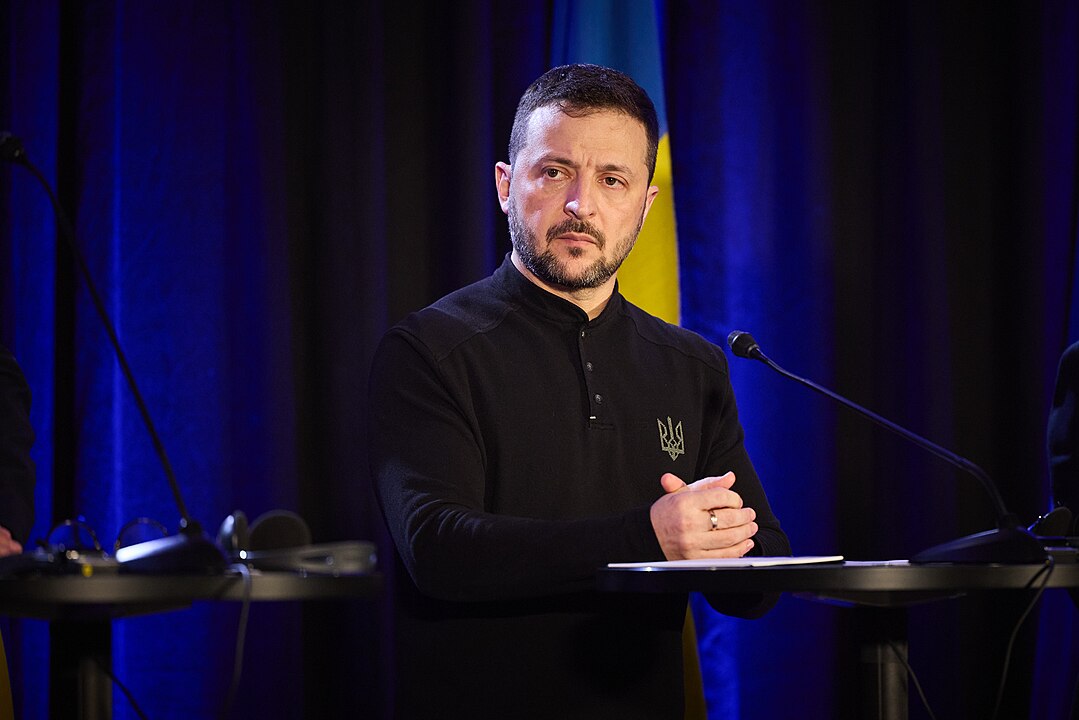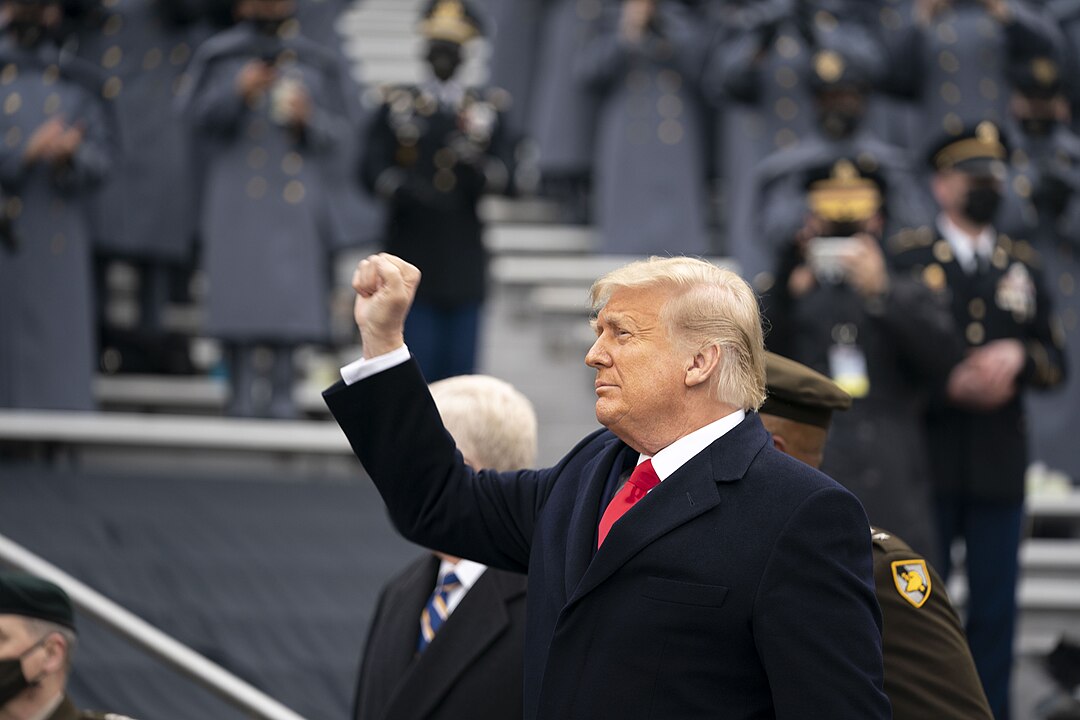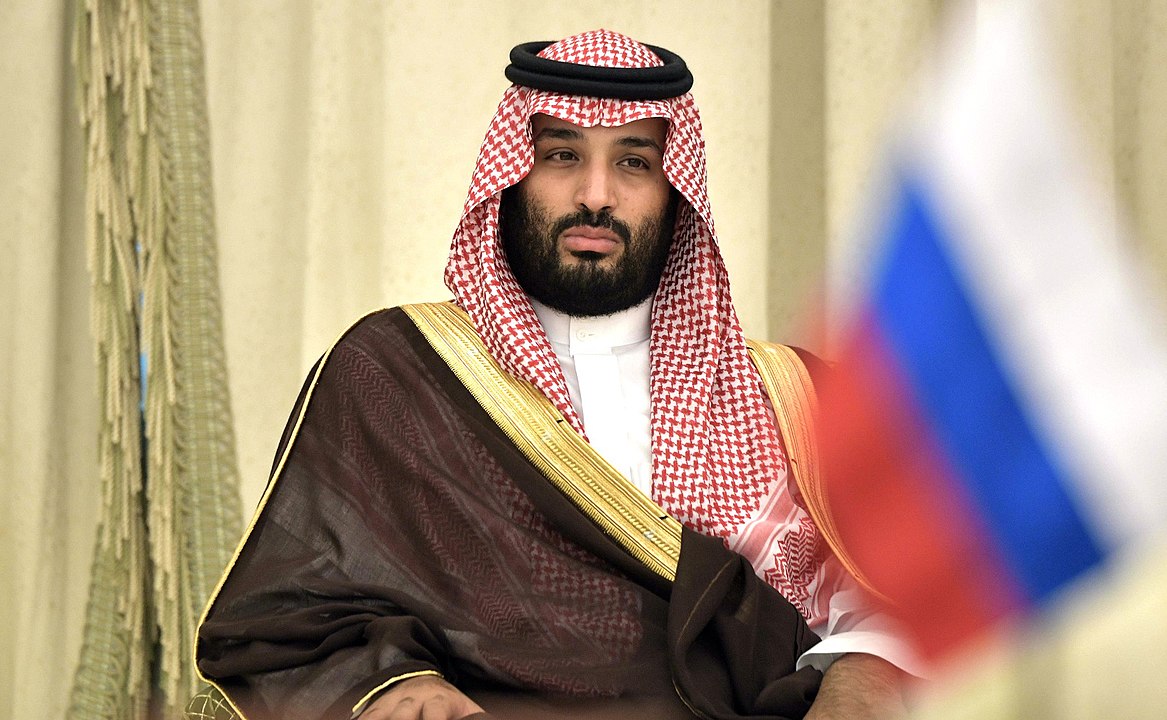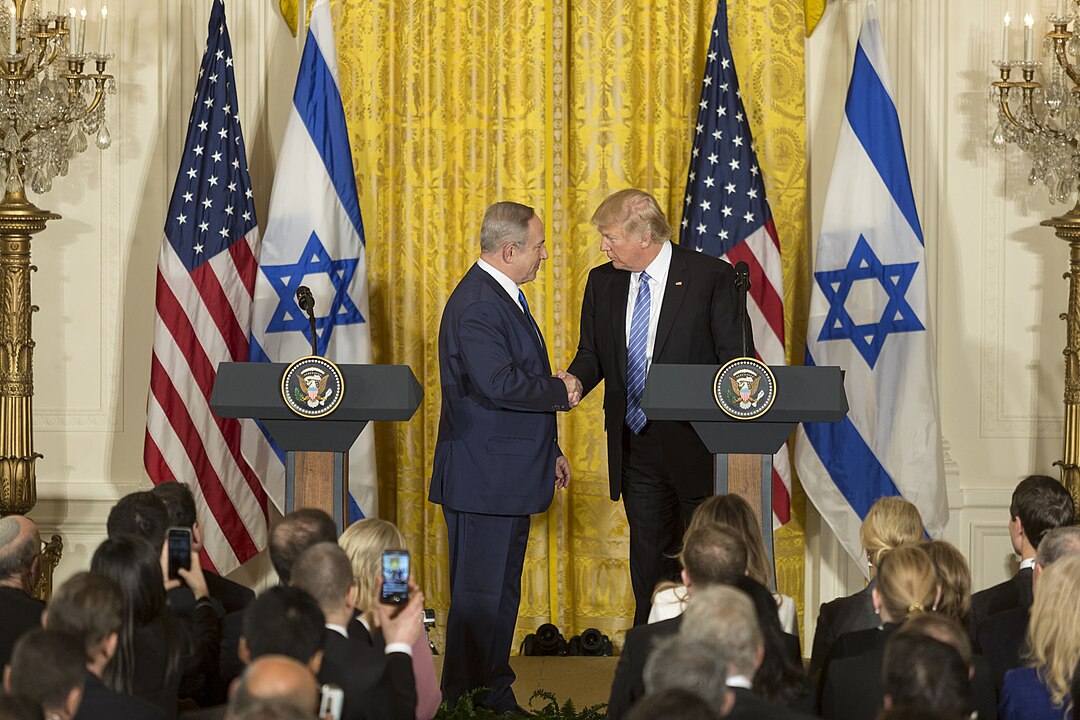The critics said he was a showman. They dismissed the stagecraft, the slogans, the self-assurance. They said real diplomacy could not be done with bravado and a businessman’s gut instinct. But this morning in Doha, under a canopy of economic ambition and national renewal, President Donald J. Trump proved them wrong again. Flanked by Qatari dignitaries and American executives, Trump announced a $1.2 trillion bilateral commitment that may be remembered as the most consequential economic agreement between the US and any Gulf nation in a generation.
Let us begin with the tangible: a Boeing and GE Aerospace deal with Qatar Airways worth $96 billion, the largest widebody order in the history of American aviation. That number is not an abstraction, it is payrolls in Kansas, production lines in South Carolina, and high-skilled engineering jobs in Ohio. It will support more than 150,000 American jobs annually. Over the course of production and delivery, more than a million jobs will be touched. Such figures belong not to think tanks or theoretical graphs, but to American households. They translate into health insurance, mortgages paid on time, and a sense of national pride that had long grown dormant.
And that was just the beginning. Across energy, defense, technology, and engineering, American firms have secured commitments that will reindustrialize parts of our economy often spoken of only in the past tense. McDermott’s $8.5 billion energy infrastructure partnership with QatarEnergy will accelerate development in the LNG sector and keep American welders, pipefitters, and engineers at work. Parsons, in perhaps the most underappreciated of the announcements, clinched $97 billion in projects, many of them related to smart infrastructure, environmental systems, and transportation engineering.
In a world riven by digital dislocation, it was fitting that Trump’s Qatar visit included an agreement with Quantinuum and Al Rabban Capital to invest $1 billion into quantum computing development in the US. That is not merely a bet on the future, it is a declaration that the US will lead in fields as consequential as any in the post-internet era. The agreement does more than create jobs. It secures our place at the frontier of technological power, with American research institutions and defense systems at the epicenter of the next wave.
But no account of this economic transformation would be complete without mention of defense. The Raytheon and General Atomics deals, totaling $3 billion, anchor the US-Qatar security relationship with tangible benefits to our defense industrial base. Raytheon’s FS-LIDS counter-drone system, now adopted by Qatar as the first international buyer, demonstrates America’s continuing leadership in asymmetric warfare technology. The MQ-9B aircraft system secured by General Atomics represents a crucial export of unmanned aerial capability, reinforcing both our commercial and strategic dominance.
If the totality of these deals feels overwhelming, that is because the scale is indeed monumental. And the scale is not just economic, but ideological. Trump’s critics often charge him with lacking an internationalist vision. But this agreement is internationalism rooted in reciprocity, not apology. It is trade not as indulgence, but as assertion. The deals struck in Qatar are not giveaways, nor are they forms of foreign aid masquerading as diplomacy. They are commercial exchanges in the finest tradition of American capitalism: mutually beneficial, job-generating, and sovereignty-respecting.
It is worth noting that the US enjoyed a $2 billion trade surplus with Qatar in 2024. That is no anomaly. We have had a positive trade balance with Qatar for over two decades. And what is more, Qatari investment in the US totaled $3.3 billion in 2023 alone. These are not petty cash infusions. These are stakes in our long-term capacity, hotels, technology ventures, energy infrastructure, and manufacturing facilities. The idea that a Gulf state with a GDP less than half that of Israel would choose to invest so heavily in US capabilities is a striking testament to Trump’s economic appeal on the global stage.
Even the Qatari defense investment commitments totaling over $38 billion, including operational support for Al Udeid Air Base, should not be viewed as merely transactional. They are acknowledgments that American strength remains the pillar of Gulf security. The left will no doubt scoff at such arrangements, viewing them as extensions of “militarism” or “petro-dollar diplomacy.” But they forget that national defense is not sustained by slogans but by industrial base capacity and strategic alliances. This is how a superpower behaves: by exporting excellence, importing capital, and securing allies not through guilt, but through strength.
Recall that Qatar’s own energy investments in the United States began under Trump’s first term, with $18 billion committed to Gulf Coast infrastructure, including ExxonMobil’s Golden Pass LNG and Chevron Phillips’ polymers facility. Today’s deal builds on that trajectory and amplifies it. Where the Obama-Biden model relied on multilateral finger-wagging and incoherent climate accords, Trump’s model emphasizes bilateral investment, real assets, and job creation. It is not merely more effective, it is more honest.
The aggregate picture is this: Trump has now secured over $1.8 trillion in foreign investment commitments in just the past two days—yesterday in Saudi Arabia, today in Qatar. These are not photo ops or ceremonial agreements, they are signed, detailed, and backed by the private sector. Add to that the recently finalized UK trade deal and the Phase Two US-China tariff reduction framework, and it is no stretch to say that we are witnessing a complete reorientation of US global economic engagement.
The principle is simple: peace through prosperity, not through passivity. Trump is proving that it is possible to rebuild the American manufacturing base, revitalize industrial regions hollowed out by neoliberal dogma, and reaffirm American leadership without succumbing to war or technocratic paralysis. His critics say his foreign policy lacks subtlety. But what they call bluntness is, in fact, clarity. What they call transactional is actually constitutional.
For decades, American diplomacy was defined by a curious blend of sermonizing and self-sabotage. We sent jobs abroad, indulged authoritarian petrostates while condemning our own, and outsourced our energy security to globalist panels. Trump’s deal with Qatar, like his broader foreign economic strategy, inverts this trajectory. It is a coherent, muscular form of diplomacy, one that connects the dignity of work with the imperatives of sovereignty.
It is a vindication of the idea that American greatness is not a relic but a renewable resource. But like all resources, it requires stewardship. Trump, it turns out, is not just stewarding our economy. He is refining the very idea of American power in the 21st century.
If you enjoy my work, please consider subscribing: https://x.com/amuse.
Sponsored by the John Milton Freedom Foundation, a nonprofit dedicated to helping independent journalists overcome formidable challenges in today’s media landscape and bring crucial stories to you.




